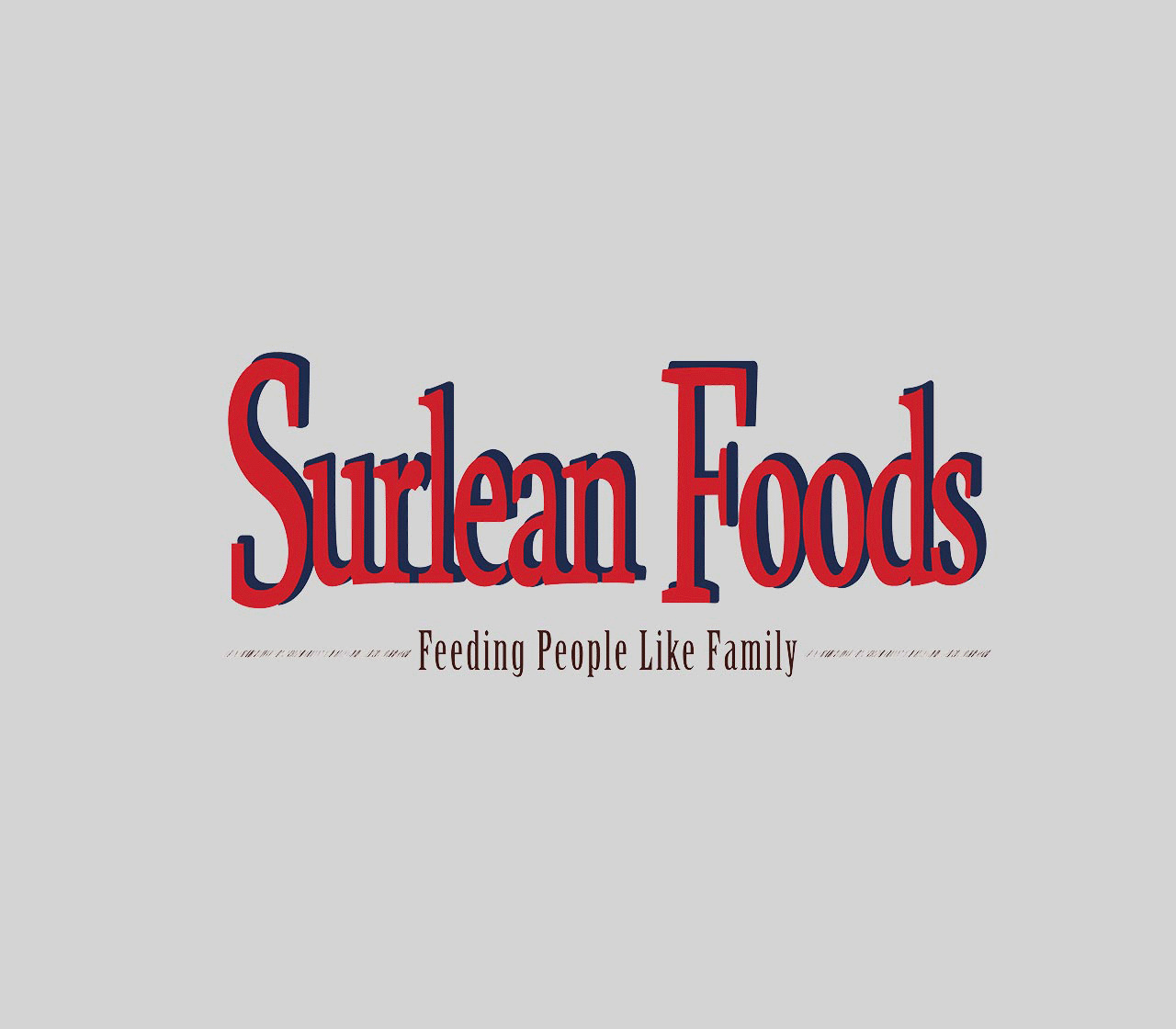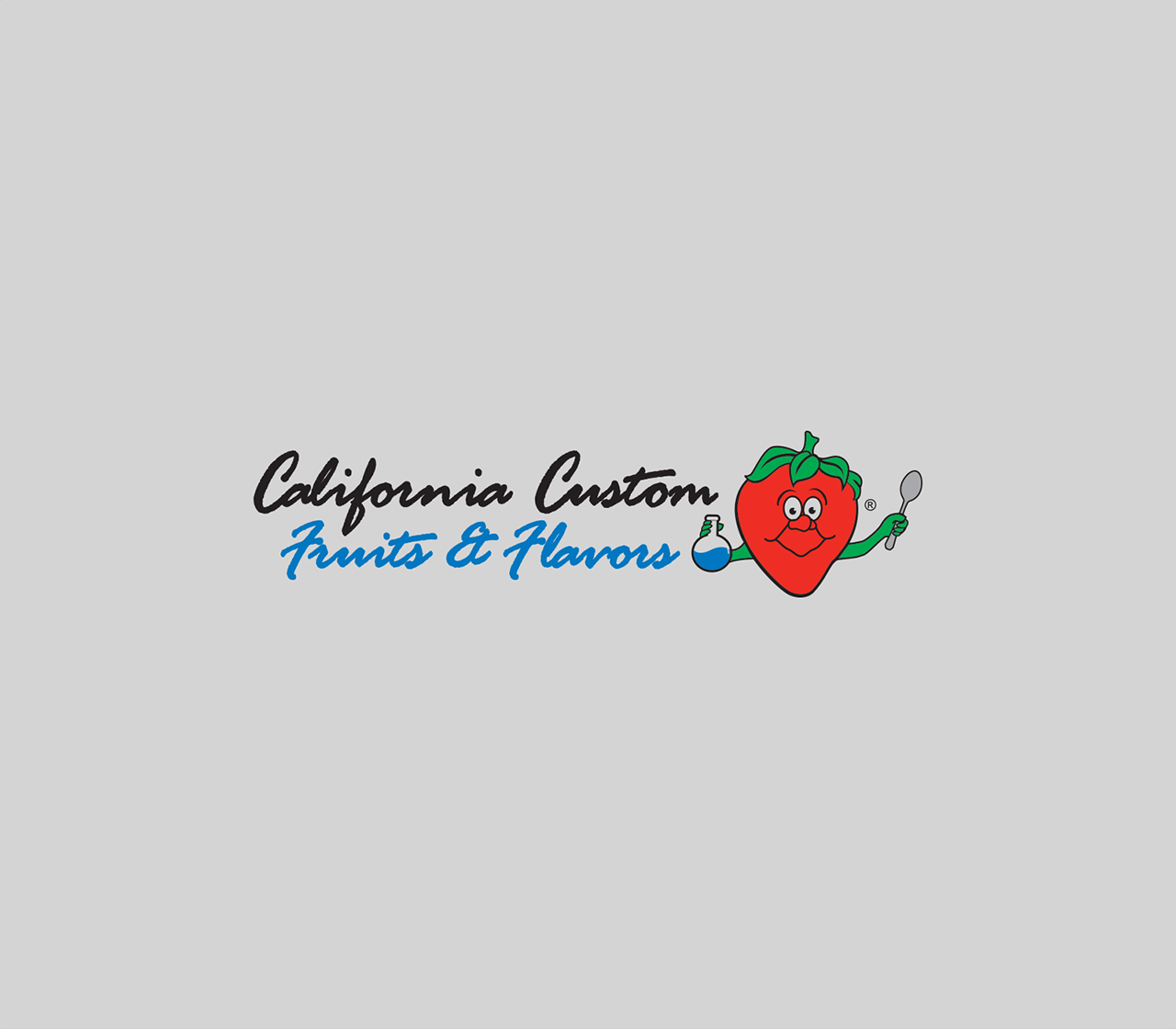Deacom understands the unique needs of batch process manufacturers and serves a wide variety of markets within the food and beverage industry.
What is the ideal food and beverage ERP for manufacturers?
Most typical, off-the-shelf ERP systems provide a set of functionalities to manage four main areas of the business: Accounting, purchasing, inventory, and the general ledger. This one-size-fits all model is designed to be sold to many different types of organizations - from aerospace and manufacturing to education and retail businesses. The ideal ERP system for food manufacturers however, will include these core features as well as functionality specific to their business such as production management, formulation, quality control, document generation, full lot traceability, and warehouse management.
Deacom has chosen to include all of these features into a single ERP system specifically designed for food manufacturers and does not require additional bolt-ons or separate 3rd party software packages. This strategy eliminates potential challenges surrounding customizations, upgrading restrictions, broken software connections, and ERP cost overruns, so the entire business can operate cohesively and drive profitability.
Whether you are a beverage producer and need more control over your tank scheduling or are an ingredients manufacturer and require greater insight to trace all your raw materials – Deacom provides the industry expertise to help run your business with ERP software that meets your specific needs.

What are some of the common goals we hear from customers looking for food ERP software?
- “We must have strict lot control of our raw materials and finished goods.”
With Deacom’s ERP solution, all systems work as a cohesive unit to create strong process control. An example of this occurs when picking lots for a production batch. Since the warehouse scanners are tied directly into the ERP system, they will prevent an individual from picking lots that have not passed their quality control checks or are perhaps on QC hold. - “We want to become more efficient at planning for our production needs.”
A material requirements planning (MRP) system can easily take the place of manual scheduling when it can automatically calculate demand based on sales orders, scheduled production jobs, and other indirect requirements. Deacom’s built-in MRP system provides the ability for food manufacturers to plan and schedule production at multiple locations, track different lead times by material, and gain visibility into demand and inventory availability directly from the ERP software. - “We need to react faster to costing changes.”
Deacom’s ERP software provides food manufacturers with the ability to use standard, last, or average costing during the formulation process. It also allows for mass updating of various costs, the ability to perform cost roll-ups as needed for multi-level bill of materials, and the capability to establish routings to track different product steps and the associated costs. - “We need to better manage our ability to perform transactions across our many facilities.”
The ability to support a multi-facility environment is a true stress-test for any ERP system. Whether it’s allowing users to work in different facilities, checking inventory availability across multiple buildings, or generating bill of ladings for inter-company transfers, Deacom’s software gives you the tools necessary to accomplish all of these tasks without having to juggle multiple systems or perform manual transactions.
One set of business rules ties together customer service, accounting, manufacturing, purchasing, and shipping within a centralized platform.
Resolve raw material consumption issues and reduce dollars lost with greater inventory visibility.
Fine-tune material purchases to match current food or beverage production needs, along with forecasted sales and production schedules.
Improve food and beverage product safety and traceability across your entire supply chain.
“I observed how things were done under the previous systems, and I could see the latency. I could see the frustration of our people using the old system. When I look at the speed and efficiency with which they do their jobs now with Deacom, the difference is night and day. We can accomplish much more without increasing headcount.”
– Cory Simmons, Senior Director of IT Services, Surlean Foods

How does choosing the right food ERP software software reduce inventory discrepancies?
Food processors often lack confidence in their ERP software to provide accurate inventory data. They may think they have a certain amount of inventory on hand when they actually have less, but the production job requires an amount somewhere in between.
We think we have
1,000 lbs.
We actually have
800 lbs.
We need
900 lbs.
By using an ERP system dedicated to food manufacturers you can effectively create a “learning machine”, where the speed and accuracy of feedback determines your long-term success. Deacom’s warehouse management system can perform a cycle count during every single transaction, so food manufacturers can see in real-time exactly what is on hand. By automating the control of inventory, DEACOM ERP is able to eliminate the guesswork associated with manual processes giving key decision makers the piece-of-mind to make strong business decisions.
Why is document generation important to food manufacturers?
Being able to properly generate and manage the appropriate documents as a food manufacturer is an important part of doing business. As an example, an ingredients producer may have to provide a certificate of analysis (CoA) to their customers with specific QC parameters at the time of shipment. The ability to do this correctly and quickly is dependent on all of the functionality within the ERP working together to create total process control. In DEACOM, a CoA cannot be generated until those customer specific QC results are met, preventing the possibility of shipping the wrong materials and ultimately costing the business money.
It’s not uncommon for our customers to generate hundreds, or even thousands, of documents over the course of a given a week. Manually accomplishing this is daunting at best, and the ability to scale the food business by doing so is near impossible. From nutrition fact labels for each item and barcode labels for every case, all the way to packing slips and bills of lading for shipments, successful food manufacturers rely on ERP platforms that are capable of producing all of these types of documents from within the core system.
“Since implementing Deacom, we have been able to manage our warehouse so efficiently that we no longer need to run production over the weekend in order to keep up with demand.”
– Jim Fragnoli, CFO of California Custom Fruits & Flavors

How does lot traceability help during a recall?
The ability to manage a recall effectively is only as good as your ability to perform traceability backwards and forwards through the supply chain. To support this need and conform to the FDA’s identification and traceability regulations for food manufacturers, Deacom’s ERP solution utilizes lot tracking, asset tracking, and serialization to allow users to identify and trace material at each stage of the product lifecycle.
Lot traceability within the ERP software provides the ability to see every lot that went into a particular job as well as details for reporting purposes. In the event of a recall, a food manufacturer will have to quickly and accurately generate those reports to determine where the contaminated or defective lot came from, where the lot was used, or who it was shipped to. Since DEACOM ERP operates on a single data set, this can be accomplished seamlessly and full lot tracking reports can be created with just a few mouse clicks.
Accomplish all of this and more with Deacom ERP
Provide full lot control and traceability.
Scale any batch or package size with formulation management tools.
Manage catch weight items.
Edit, resize, and update nutrition fact labels from within the core system.
Enforce QC holds to prevent shipping untested products.
Report on customer shipments.
Leverage built-in Direct Store Delivery and Point of Sale systems.
Facilitate intercompany inventory transfers.
Explore some of the other industries we serve

Candy & Snack
Create strict lot control with the WMS, streamline your ability to transact and report in a multi-facility environment, and improve sales order picking efficiency through zone and wave pick options.

Dairy
Forecast production and purchasing based on seasonal product demand, enforce FEFO inventory rules to reduce waste, and track all your DSD sales from a centralized location.

Meat
Manage the complexities of receiving and producing catch weight items, maintain product shelf life rules for customers and products with varying requirements, and connect your production equipment to an auto-finishing application to improve production efficiency.

Private Label Manufacturing
Access centralized data for real-time decision making, forecast production capacity requirements, and ensure customer specific quality standards are met.
